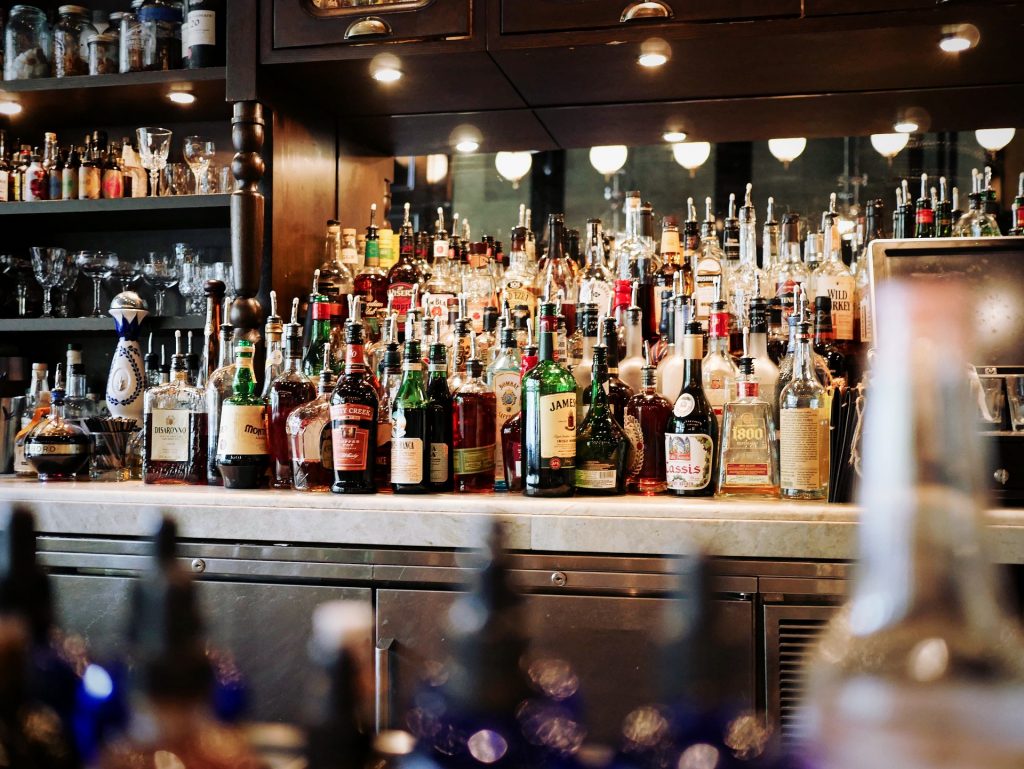Bartenders over-serving patrons should be held accountable

On Friday, March 1, drunk driver Erik Deleon, 21, crashed into a Lyft car and killed UHCL’s former Executive Director of Financial Aid/Registrar, Billy Satterfield, who was the passenger. Satterfield, 40, was in a Lyft on his way home from the airport and died within just five miles of his home.
Satterfield’s Lyft driver, Ezatullah Safi, remains in a coma, and there is an ongoing GoFundMe in his name.
Deleon’s blood-alcohol level was a whopping .210 at the time of the accident, which is about three times over the legal limit. Deleon told officers he was “pounding tequila shots” at a bar just before the accident.
The two bars that were under investigation for serving Deleon – Bombshells at 12810 Gulf Freeway and Studio 80 – have now been cleared, but two other establishments are now being investigated.
Prosecutions against bartenders for over-serving have been on the rise in the greater Houston area. Last December, four bartenders were investigated for giving 19-year-old Erick Hernandez over a dozen drinks in the span of six hours. Upon leaving the bar, Hernandez crashed into the vehicle of young mother Taylor Phillips, killing her.
So just how does one handle drunk driving accidents such as these? Some argue that the servers are directly responsible for the drunk driving accidents that happen after customers leave their doors. Others argue that it is solely the patrons’ responsibility for not knowing their limits and for opting to get behind the wheel while intoxicated.
Some make the point that patrons can pregame at home, then go to the bar and order only one drink, therefore deceiving the bartender into how much they can be served. However, this argument is moot, thanks to dram shop laws. Texas dram shop laws hold establishments that serve alcohol liable for injuries resulting from excessive alcohol consumption, giving bartenders more incentive to not over-serve their patrons.
Also, anyone who has experience being around intoxicated individuals (and bartenders certainly would be) should be able to recognize someone’s level of intoxication immediately. Intoxication should not merely be measured by whether someone is two drinks in or five, but instead, be measured by a patron’s presence (or lack thereof) of fine motor skills. If people come stumbling into a bar clearly intoxicated and order drinks, a responsible bartender should refuse to serve them.
Also, in today’s digital age where there is an Uber or Lyft driver around every corner, many bars enforce their servers order intoxicated patrons rides via these apps.
Anyone who has ever been intoxicated knows when drunk, sound judgment goes out the window. Drunk people are in no position to make decisions, especially decisions that could be life-threatening, such as getting back behind the wheel.
While some argue that bar patrons should “know their limits” and “drink responsibly,” people should be mindful that not all patrons are experienced drinkers. While you may not know it from the media, there are lots of people who generally do not drink, making them inexperienced drinkers.
If a non-drinker goes to a bar with friends who drinks, he or she may be unable to accurately gauge how much alcohol is too much. Such individuals are not yet aware of their tolerance but will learn if they become regular social drinkers.
Also, it is not always how many drinks someone has, but how strong each drink is. Bartenders yield the power of how strong they are going to make a drink.
If one is familiar with alcohol, then yes, there is more responsibility on their hands if they go to a bar and knowingly drink over their limit and then get behind the wheel. At the end of the day, drunk driving accidents will always fall on the establishment’s shoulders if they are guilty of overserving.
Establishments that serve alcohol should not hire bartenders who cannot accurately gauge their patrons’ levels of intoxication. Bartenders should not purposely overserve their patrons just to make an extra buck.
Ultimately, if bartenders observe they have overserved a patron, they should take it upon themselves to do whatever it takes to get that customer home safely, whether the bartender calls the patron an Uber or Lyft themselves, or whether they ask their manager to call the patron an Uber or Lyft.
Bartenders have no excuse for letting their customers stumble drunk out of their bars and get on the roads when they know that lives are at stake. If bartenders allow this, then they are accessories to a crime.

